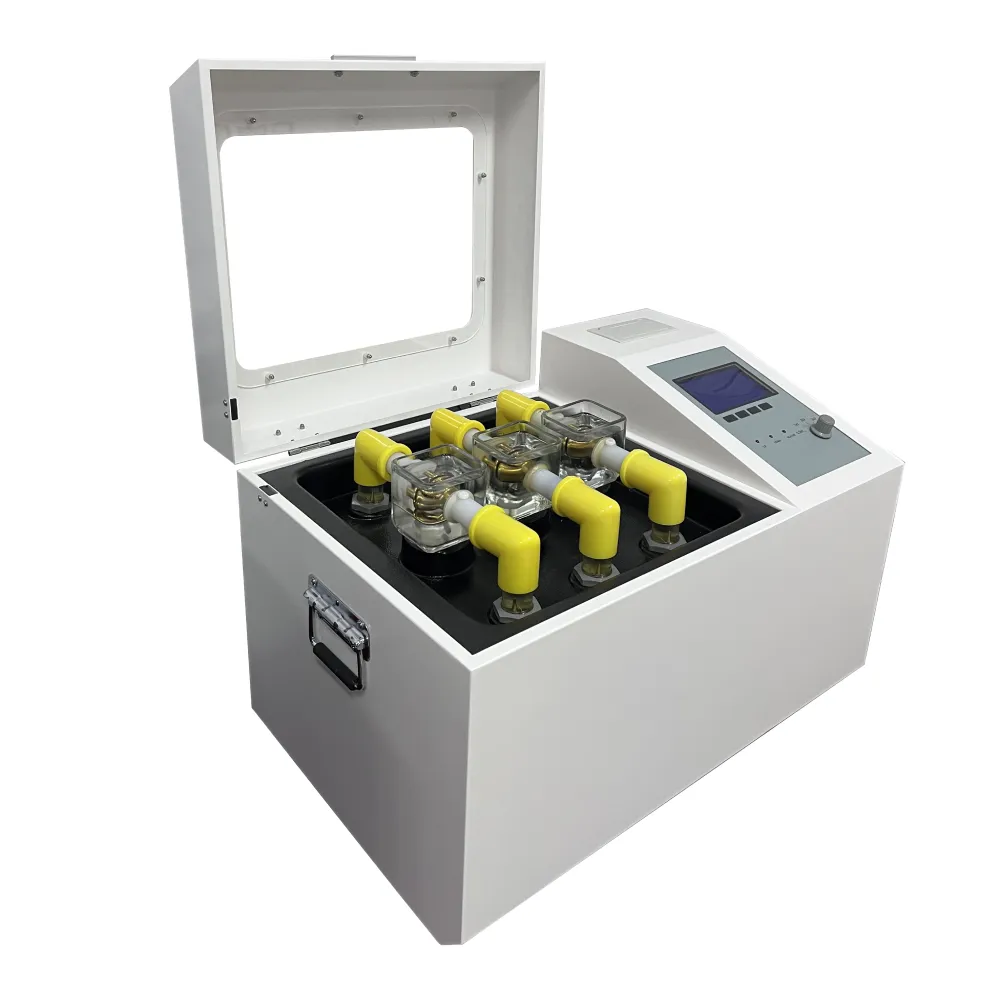 English
English


Enhancing insulation resistance for improved electrical safety and performance.
Insulation resistance is a critical parameter in the field of electrical engineering and plays a crucial role in ensuring the safety and reliability of electrical systems. It refers to the ability of an insulating material to resist the flow of electric current through it. By measuring the insulation resistance of a system, engineers can assess its overall health and identify potential issues such as electrical faults, moisture ingress, or deteriorating insulation.
Insulation resistance testing is commonly performed on cables, motors, transformers, and other electrical equipment to detect any weaknesses in the insulation that could lead to electrical breakdowns or fires. The test typically involves applying a high voltage to the equipment and measuring the current that flows through the insulation. A high insulation resistance reading indicates that the insulation is in good condition, while a low reading suggests the presence of a fault or deterioration.
Maintaining a high insulation resistance is essential for preventing electrical accidents and ensuring the proper functioning of electrical systems. Poor insulation can result in short circuits, electrical shocks, or even fires, posing serious safety risks to both individuals and property. Regular insulation resistance testing is therefore necessary to detect any issues early on and take corrective actions to prevent potential failures.
insulation resistance

There are several factors that can affect the insulation resistance of a system, including temperature, humidity, contamination, and mechanical damage. High temperatures can cause the insulation to break down, while moisture ingress can create conductive paths that reduce the insulation resistance. Contaminants such as dirt, dust, or oil can also compromise the insulation, as can physical damage from abrasion or vibration.
To ensure the accuracy of insulation resistance measurements, engineers must follow proper testing procedures and use calibrated instruments. The test voltage should be appropriate for the type of equipment being tested, and the test duration should be sufficient to allow for accurate readings. Regular calibration and maintenance of testing equipment are also important to ensure reliable results.
In conclusion, insulation resistance is a critical parameter in electrical systems that must be carefully monitored and maintained to ensure the safety and reliability of equipment. By conducting regular insulation resistance testing and addressing any issues that arise, engineers can prevent electrical failures and accidents, prolong the life of electrical systems, and ensure the uninterrupted operation of critical equipment.
-
Differences between open cup flash point tester and closed cup flash point testerNewsOct.31,2024
-
The Reliable Load Tap ChangerNewsOct.23,2024
-
The Essential Guide to Hipot TestersNewsOct.23,2024
-
The Digital Insulation TesterNewsOct.23,2024
-
The Best Earth Loop Impedance Tester for SaleNewsOct.23,2024
-
Tan Delta Tester--The Essential Tool for Electrical Insulation TestingNewsOct.23,2024





